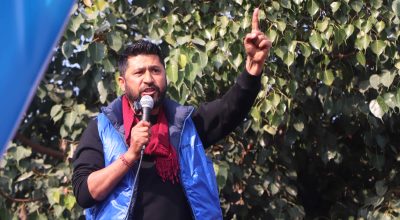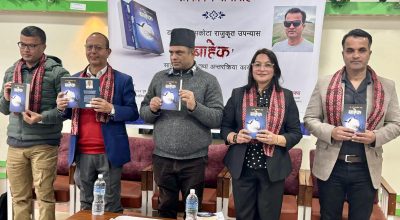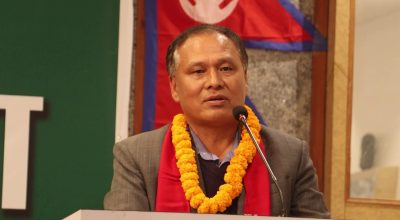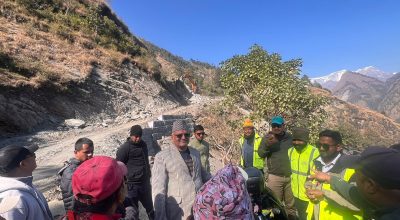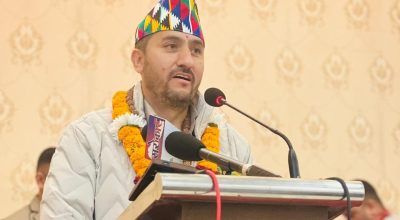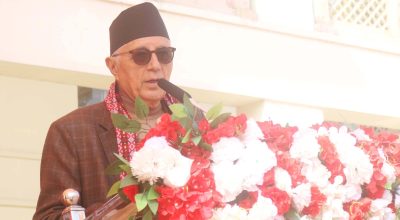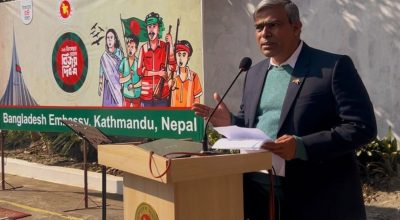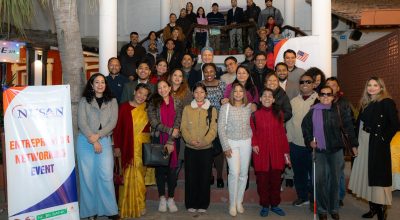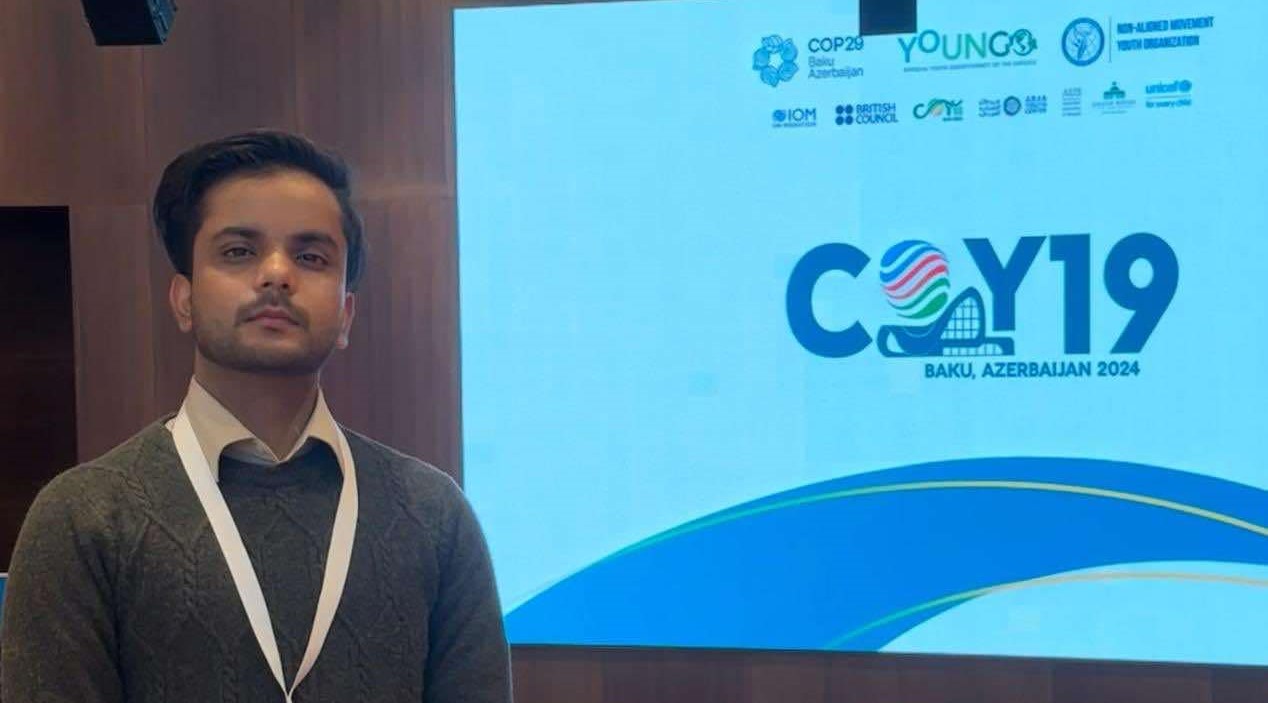
Kathmandu, Dec 3: As the countries across the world are evaluating the results of the COP29, an annual event of the UN devoted to climate change, it is worth sharing how the youths advocated for meaningful initiatives to accelerate climate actions.
Voices from diverse sectors like youth and indigenous, developed and the least developed groups were made vocal for the climate justice in the lead-up to COP29.
In this regard, the 19th Conference of Youths (COY19), held in Baku from on 7–9, 2024, was able to bring together over 400 delegates from 169 countries and discussed how the youths, which are change agents, could shape a sustainable future.
The Global Youth Statement (GYS) issued by the COY19 was for influencing the UN climate negotiations where role of youth in addressing the climate crisis was emphasized. GYS, which was dubbed as a roadmap for transformative climate action, mentioned urgency for immediate and bold steps to combat the climate crises.
The key demands the GYS included were- energy governance reforms, climate finance and social equity, address of loss and damage, gender and social inclusion, and technology and data-driven solutions. It suggested establishment of a dedicated energy negotiation track to reform global energy governance.
Similarly, under the technology, the statement read, “Invest in infrastructure for comprehensive climate monitoring and youth capacity-building in technology. Leverage AI, blockchain, and data analytics for efficient resource allocation and policy transparency.”
Leverage digital platforms
The role of digital platform for climate advocacy was equally highlighted at COY19. With the youth innovation in digital fronts, it indeed helps to garner support and attract funding to cope with the global challenges posed by climate crises. The wider presence and visibility via digital tools and platforms are required to continue interaction among youths so that their innovative solutions get momentum.
The youths also reminded the stakeholders to not overlook these pressing issues that intersect climate change and create opportunity for policy makers in the national and international arena for adopting meaningful actions. Linking digital platform like Instagram to grassroots and storytelling relating to climate impacts and action are very helpful.
Moreover, in order to engage diverse audiences, multiple options like music, dance, and visual arts can be put in place to better connect people emotionally to climate issues, thereby compelling them to take collaborative efforts and sharing skills in the national and international groups.
The combination of creativity with data-driven strategies is therefore useful ways where role of youths is unavoidable. At present time of increasing impacts of climate change on the one hand and growing presence of digital platforms with dominant youth audience and inventiveness, the youth climate advocates certainly amplify their voices and drive meaningful change in this way.
Challenge of funding
However, the gathering expressed worry over the challenges of funding for digital advocacy. Development of high-quality content certainly necessitates resources, skills and time. Despite this, efforts have been made to support youth-led digital campaigns, advocating for sustained investments in digital climate initiatives.
Moreover, the COY19 emphasized the transformative role of education in combating climate change. It was stressed that climate awareness should begin in early childhood education, encouraging curiosity about the environment from the very young age. Integrating climate science into subjects like history, science, and mathematics is vital for fostering a comprehensive understanding of the climate crisis.
Lifelong learning beyond formal education was another vital point raised in the three-day event. Public awareness campaigns, which inform individuals about the environmental impact of their daily behaviours, such as transportation choices, food consumption, and fast fashion also featured. Such behaviours as the speakers said were critical both in the developed and developing nations, leaving the vulnerable communities at the receiving end.
Time for green industries
Creation of green industries by providing training to workforce can be one of the measures of climate action. The green economy addresses the socio-economic challenges and facilitates just transition. It requires support to the affected communities liked the ones from Nepal to ensure that no one would be left behind in the journey towards a sustainable future.
Inclusion of youths, women, indigenous people, and marginalized groups in designing and implementing climate policies was another step to build wider ownership in climate actions. Public participation helps in reducing resistance to climate initiatives. The countries were therefore suggested adopting the integrated and inclusive approaches, reflecting in the Nationally Determined Contributions (NDCs).
In this regard, the British Council’s initiative has mentioned that the youth could be empowered in climate action through four pillars like: skills, networks, platforms, and partnerships.
The participants had expressed concern that the monopolization of patents by the developed nations could limit the ability of developing countries to afford and adopt sustainable energy solutions. They argued it could create a barrier to progress toward global climate goals and exacerbate inequalities globally. Other issues surfaced were equitable technology transfer and knowledge sharing.
Nepal’s context: Lessons from COY19
Nepal is in the front to bear climate catastrophes, with increasing frequency of landslides to water stress. The demands outlined in the Global Youth Statement reflect well Nepal’s challenges and opportunities around energy transition, education and awareness, community mobilization and gender inclusivity.
By fostering youth-led initiatives and bridging the gap between education and green job opportunities, the British Council’s Climate Connection Hive is working on generating empowered young leaders which could be value to augment sustainable climate action in Nepal as well.
(Nepal, an 8th semester student of BE Computer, attended the COY19 in the lead-up to COP29 in Baku) RSS #Nepal





